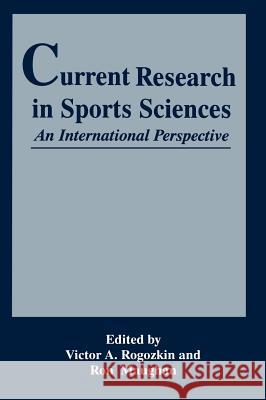Current Research in Sports Sciences » książka
Current Research in Sports Sciences
ISBN-13: 9780306453199 / Angielski / Twarda / 1996 / 346 str.
There are two main reasons for pursuing research in the Sports Sciences. Firstly, by studying responses to exercise, we learn about the normal function of the tissues and or- gans whose function allows exercise to be performed. The genetic endowment of elite ath- letes is a major factor in their success, and they represent one end of the continuum of human performance capability: the study of elite athletes also demonstrates the limits of human adaptation because nowhere else is the body subjected to such levels of intensive exercise on a regular basis. The second reason for studying Sports Science is the intrinsic interest and value of the subject itself. Elite performers set levels to which others can as- pire, but even among spectators, sport is an important part oflife and society. of top sport and elite performers, there is also another reason Apart from the study for medical and scientific interest in sport. There is no longer any doubt that lack ofphysi- cal activity is a major risk factor for many of the diseases that affect people in all coun- tries: such diseases include coronary heart disease, obesity, hypertension, and diabetes. An increased level of recreational physical activity is now an accepted part of the prescription for treatment and prevention of many illnesses, including those with psychological as well as physical causes. An understanding of the normal response to exercise, as well as of the role of exercise in disease prevention, is therefore vital.











